The 1989 Revolution Case
Three big names, Ion Iliescu, Petre Roman and Gelu Voican Voiculescu, will appear in court in the 1989 anti-communist revolution case

Ştefan Stoica, 16.04.2018, 12:57
Romanian president Klaus Iohannis has approved the requests for the prosecution of the former president Ion Iliescu, former prime minister Petre Roman and the former deputy prime minister Gelu Voican Voiculescu as part of the so-called Revolution Case. The three ex-officials can now be investigated and prosecuted for crimes against humanity committed between the 22nd and the 31st of December 1989 while they were serving in the National Salvation Front Council, the body holding executive and legislative power at the time.
At the end of last year, the Prosecutor Generals Office announced new evidence had been found that shed light on the events that took place three decades ago. Prosecutors say diversion was certainly used and that it was employed in a complex manner, being the main cause of many deaths and cases of bodily harm and destruction of goods. The case put together by prosecutors has revealed the mechanisms of constant misinformation, with extremely serious consequences, conducted through the public television and radio stations, which were tightly controlled by the communist regime, as well as by the military means of communication, all of which led to the installation of a national state of psychosis caused by a fear of terrorists.
Prosecutors also say they are beginning to understand how a series of diversionist military orders were transmitted, again with serious consequences. On 22nd December 1989, Ion Iliescu became the president of the National Salvation Front Council, the body that de facto held central executive and legislative power after the arrest of the Ceausescu dictatorial couple. The Council acted as a government until the 27th of December, when its president was granted the role of head of state and its legislative duties were separated from its executive ones.
Petre Roman was officially appointed prime minister, while Gelu Voican Voiculescu became his deputy. Voiculescu has kept silent after the presidents move to approve the start of criminal investigations. Iliescu and Roman, however, say they are outraged, in particular the latter, who says he was himself at risk of losing his life during the anti-Ceausescu protest in Bucharest. The former president Ion Iliescu has spoken about a “judicial spectacle” to look for “a scapegoat”. He says the conclusion of the case has nothing to do with looking for the truth about those events, about which no one had a complete picture at the time.
The official toll of the Revolution puts the number of deaths at over 1,000 and that of injuries at some 3,000, most of which occurred after the collapse of the Ceausescu regime. Romania is the only country in central and eastern Europe where the transition from communist dictatorship to democracy came about through bloodshed. These crimes cannot be prescribed, and finding out the guilty, even if 30 years later, would help rehabilitate the Romanian justice system. (Translated by Cristina Mateescu)






























